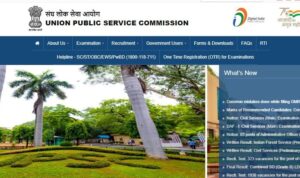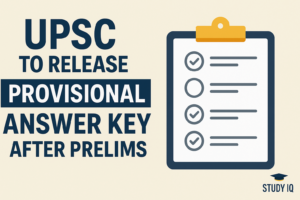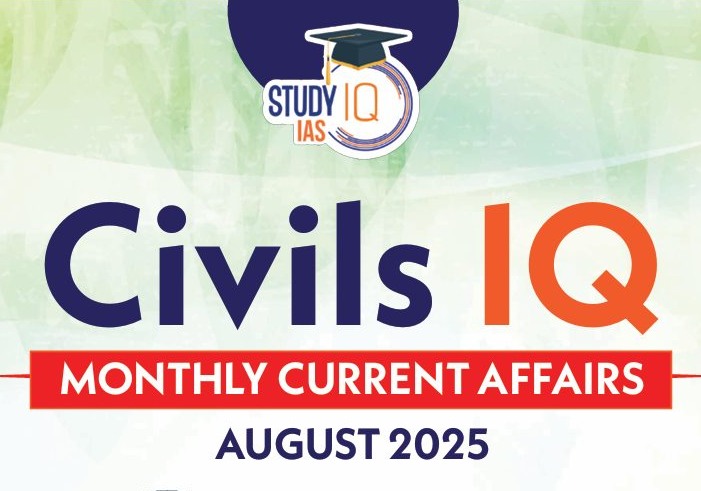Table of Contents
“In Indian culture and value system, an equal opportunity has been provided irrespective of gender identity. The number of women in public service has been steadily increasing over the years.” Examine the gender-specific challenges faced by female public servants and suggest suitable measures to increase their efficiency in discharging their duties and maintaining high standards of probity
Introduction
As per the Gender Gap Report, 2023, India ranks 127 out of 146 countries in terms of gender parity. Gender inequality persists across all fields in India be it legislature, judiciary, labour force participation etc.
Indian culture and value system
Provision of equal opportunity
- Revered feminine deities: Goddesses like Durga, Saraswati, and Lakshmi.
- Reform movements: Such as the Brahmo Samaj, led by Raja Ram Mohan Roy, and Arya Samaj, led by Swami Dayananda Saraswati, challenged gender discrimination.
- Women’s education: Savitribai Phule established the first school for girls in Pune in 1848, breaking the societal norms that denied education to women.
Increase in number of women in public service over the years
- Women’s development to women led development: India has 10% more women pilots than the global average. Globally, according to the International Society of Women Airline Pilots, around 5% of pilots are women.
- Eg: In India, the share of women pilots is over 15%
Gender specific challenges faced by female public servants
- Stereotyping women’s leadership: Kiran Bedi, India’s first female IPS officer, often faced criticism and resistance from her male colleagues when she introduced reforms in policing.
- Glass ceiling: Even though women have been joining the civil services in increasing numbers, only a small percentage hold top bureaucratic positions such as Cabinet Secretary or Chief Secretaries in states.
- Motherhood penalty: Frequent postings and transfers lead to work and family life imbalance.
- Male dominated work culture: Women at senior positions are often underrepresented leading to an exclusionary environment.
Measures to increase efficiency
In discharging duties
- Work life balance: Eg: Australia recently passed the Right to Disconnect Bill to ensure no calls/mails post office hours.
- The Government shall, in consultation with the Central Authority, prepare a Public Services Code of Ethics for guiding the Public Service employees within one year from the commencement of this Act.
In maintaining high standards of probity
- Code of Conduct for Public Officials: Implement and enforce a comprehensive code of conduct for public officials, outlining ethical standards, conflict of interest guidelines, and consequences for violations.
- Promote Ethical Leadership: Lead by example and promote ethical leadership practices at all levels of the organisation, demonstrating integrity, fairness, and accountability.
Conclusion
There is a need for a multi-pronged approach to address gender specific challenges. By prioritising the common good and creating conditions that support the flourishing of society as a whole, public servants can thrive and fulfil their potential in a more equitable and sustainable world.


 UPSC CDS 2 Result 2025 Declared at upsc....
UPSC CDS 2 Result 2025 Declared at upsc....
 UPSC to Release Provisional Answer Key A...
UPSC to Release Provisional Answer Key A...
 UPSC NDA 2 Result 2025 OUT – Download ...
UPSC NDA 2 Result 2025 OUT – Download ...




















